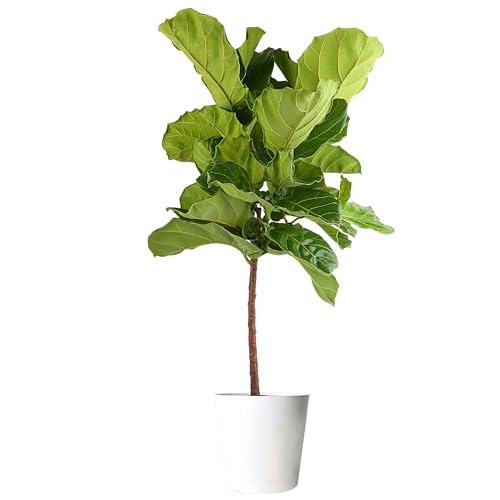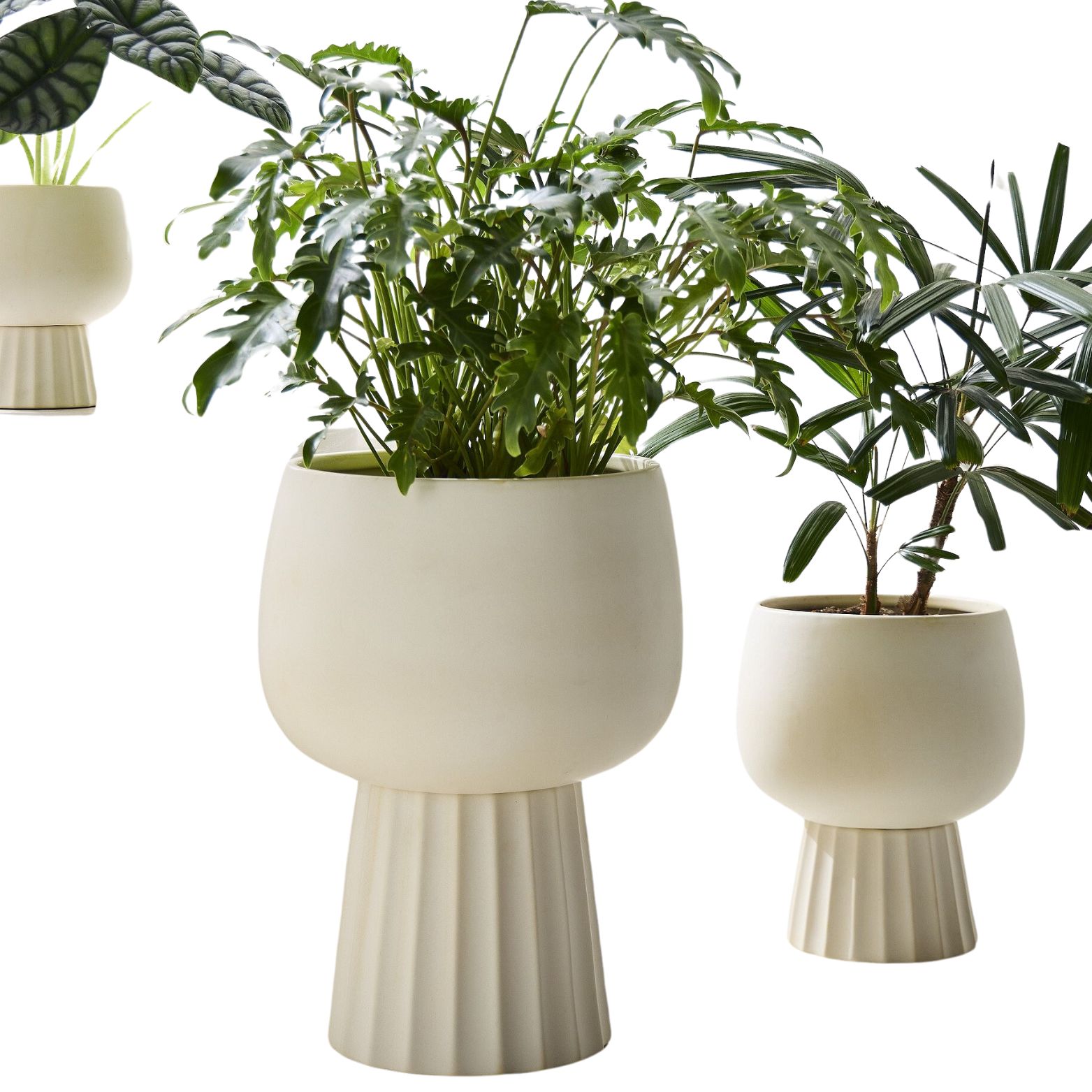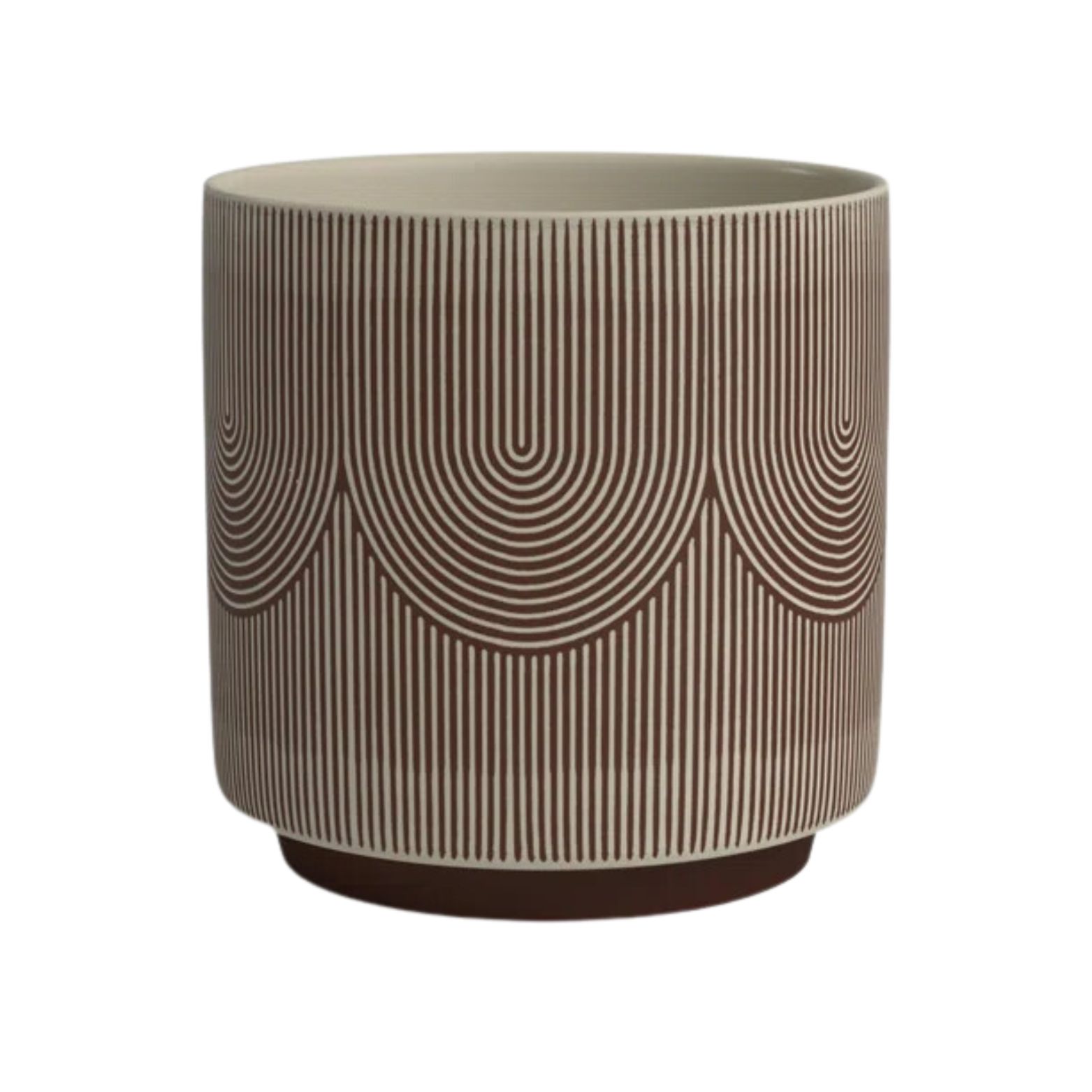Could Your Cactus Be Ruining Your Bedroom's Vibe? Feng Shui Experts Think So
A bedroom with a cactus may not be the sleep sanctuary you want it to be, so you might want to rethink the placement of this prickly plant

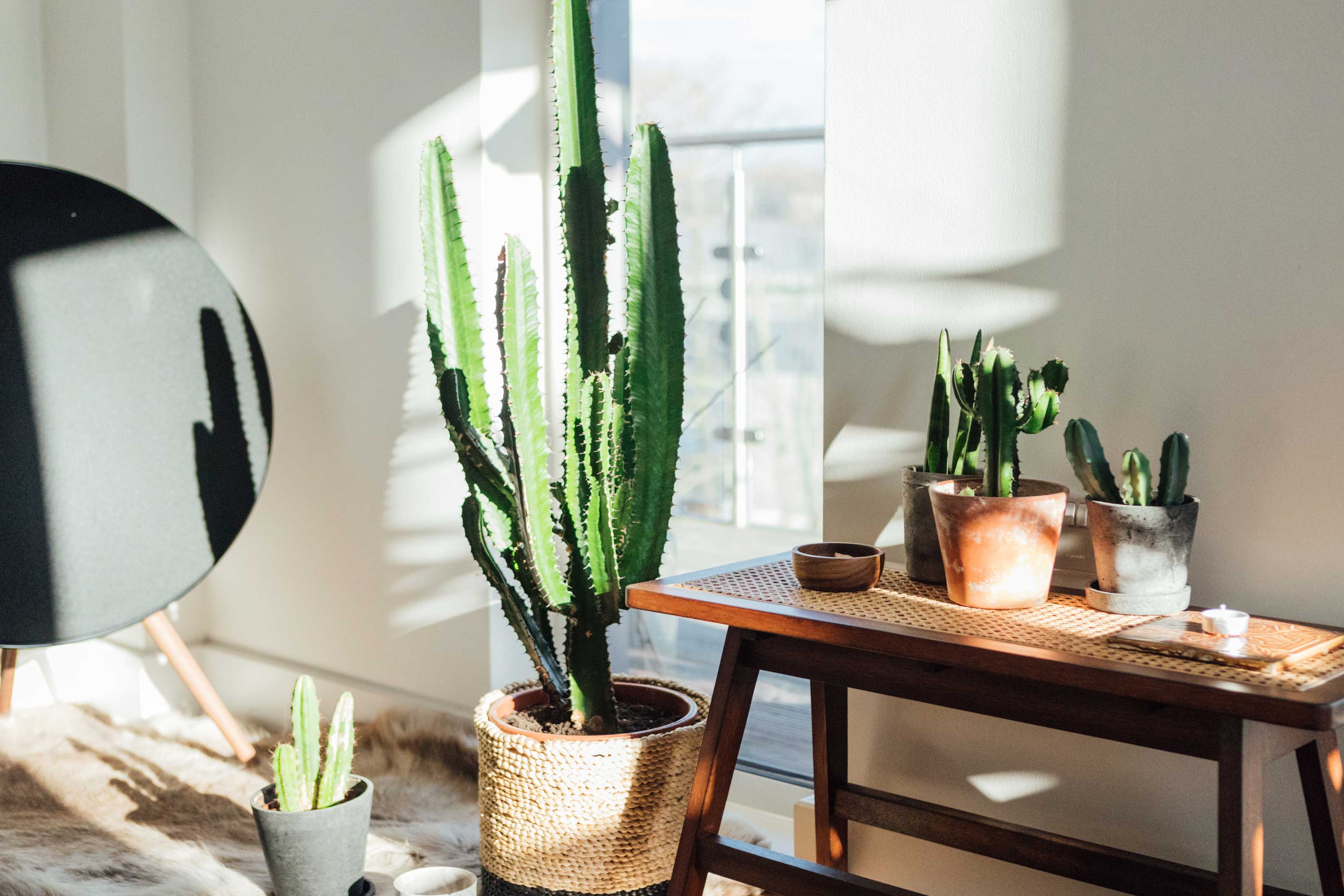
The Livingetc newsletters are your inside source for what’s shaping interiors now - and what’s next. Discover trend forecasts, smart style ideas, and curated shopping inspiration that brings design to life. Subscribe today and stay ahead of the curve.
You are now subscribed
Your newsletter sign-up was successful
Plants breathe new life into our spaces and add a bright little spot of greenery to any room. Admittedly, I'm not a natural green thumb, so a low-maintenance cactus seems like the perfect solution for a plant owner novice like me. According to feng shui, however, it could be quite the opposite.
As convenient as they may be, feng shui experts believe that cacti in your bedroom can conjure up more negative energy than positive, so having one in your room may be the reason your bedroom is not the sleep sanctuary you want it to be. Is it the spiky thorns that add low level danger to the room, or the dry nature of the plant that is adding to their bad ju-ju? We asked experts why this prickly greenery makes the list of feng shui plants to avoid.
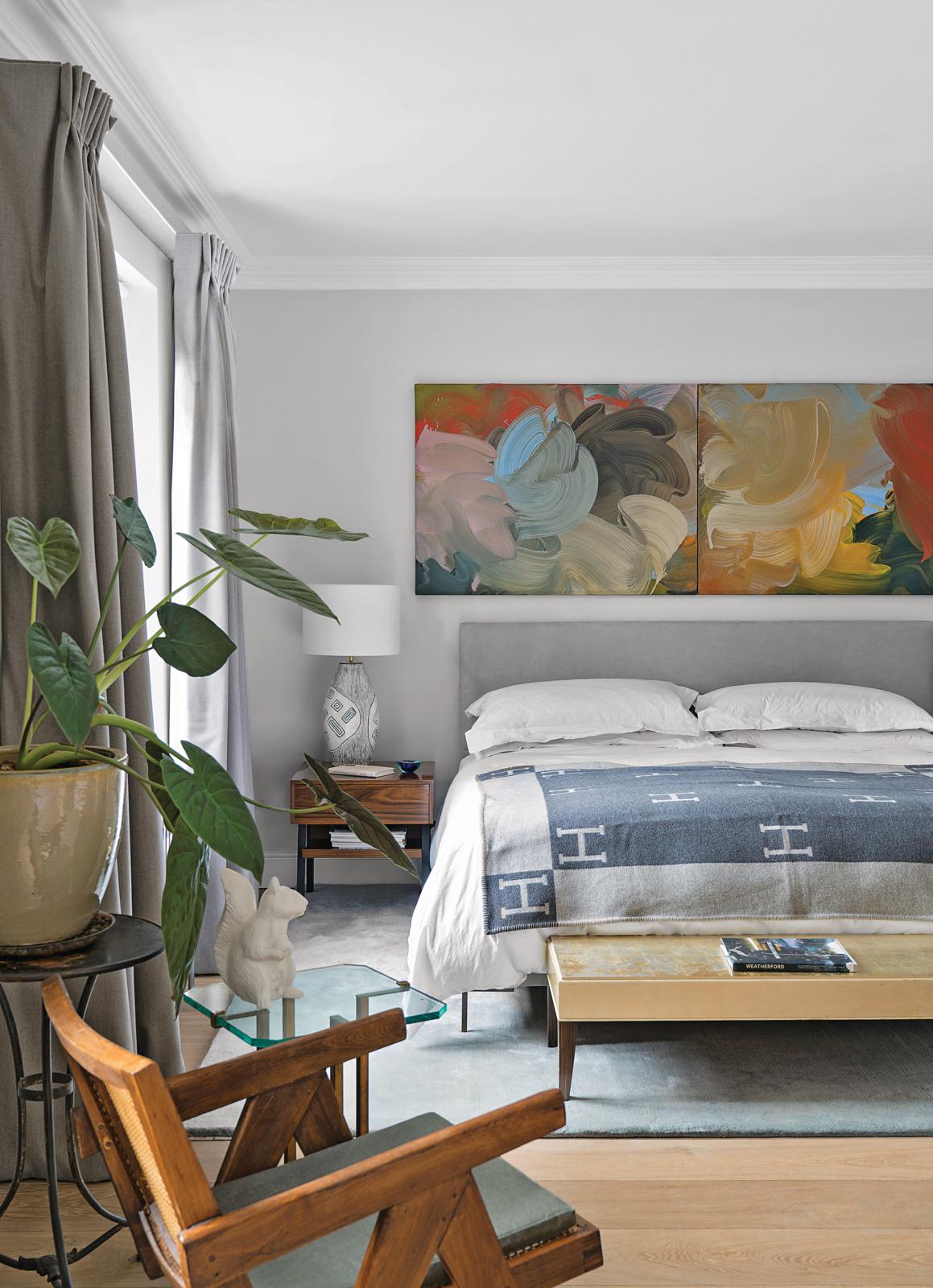
Feng shui plants are those that will invite positive energy, love, and peacefulness into the space. For the plants that will best promote these qualities, architect and feng shui expert Angie Cho says that "in feng shui, we lean towards soft, heart-shaped leaves on plants — because they're not painful to literally lean into".
The most important thing to consider when creating your sleep sanctuary is that you want to curate a space that feels peaceful, relaxing, and specific to you. The biggest contradiction with cacti in this tranquil vision is their protective thorns, yet Angie believes that there is still a positive spin on this factor. "A cactus could still be used for feng shui in your bedroom with the intention that it's a safe, protected place for you to heal and rest," she says. "If you have a cactus with special meaning for you (like it was gifted to you by a friend now passed) it has good "qi" or energy, and doesn't need to be discarded."
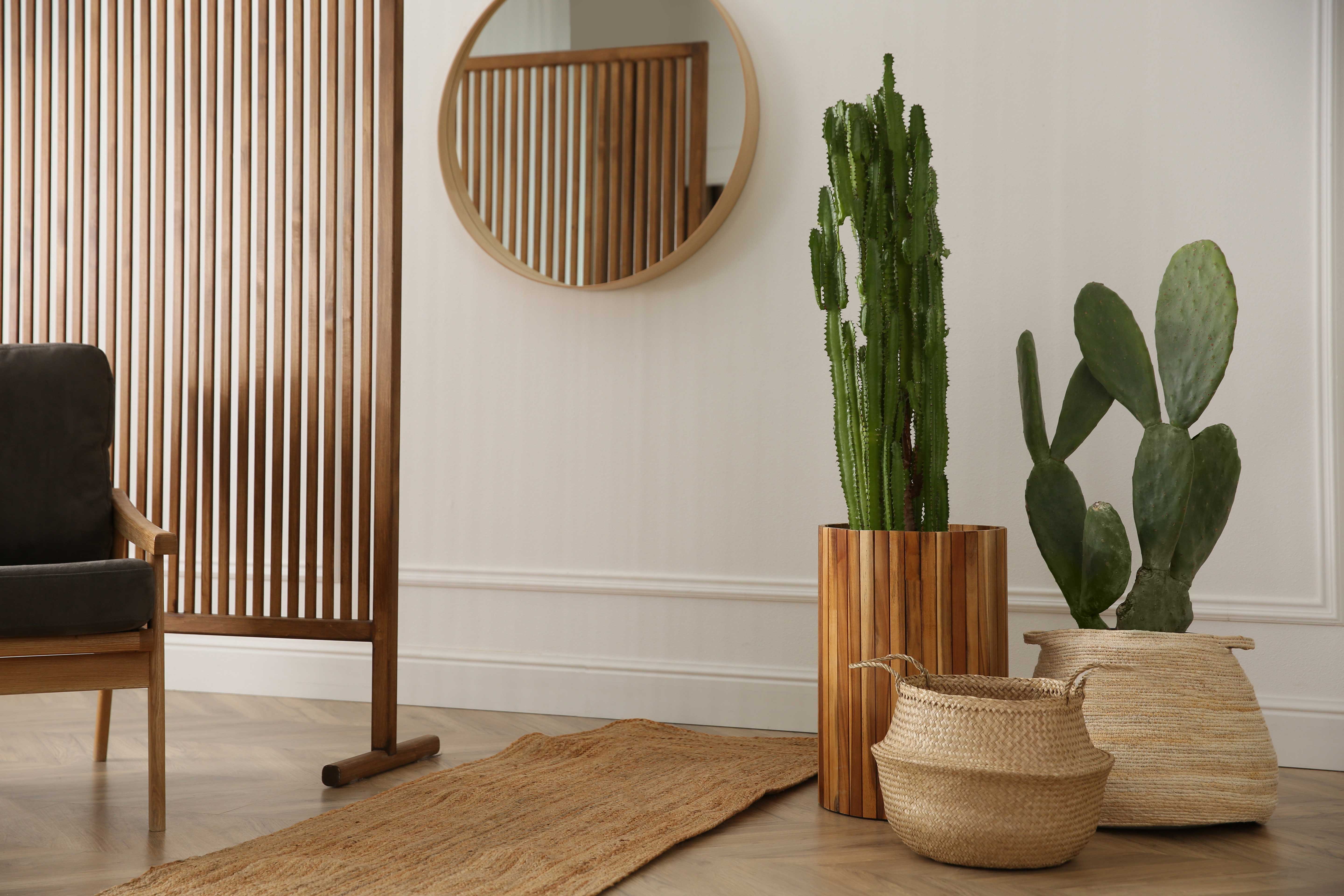
If you want to focus on creating a calm space, there are plants you can choose that act as better bedroom plant ideas. Most of the relaxing bedroom flora tend to have deeper shades of green and more substantial vegetation. Opting for a different style of houseplant or small indoor plant may not be as overwhelming in your space.
Decorating with cacti can still be a lovely way to bring nature's style into your home. If you are a cacti lover, there is no need to get rid of your spiky desert plants, they just might not be best suited for the bedroom. Incorporating their funky figures into conversation pieces in more social areas, like the living room, is a safer design route when following the rules of Feng Shui.
For a bedroom that will contribute to how you sleep better, it all starts with picking the details that cater to your personal style and comforts, and becoming a plant parent is a great way to liven up any room, and introduce a healthy balance of nature inside your home.
The Livingetc newsletters are your inside source for what’s shaping interiors now - and what’s next. Discover trend forecasts, smart style ideas, and curated shopping inspiration that brings design to life. Subscribe today and stay ahead of the curve.
Ideas for Positive Feng Shui

Olivia Wolfe is a Design Writer at Livingetc. She recently graduated from University of the Arts London, London College of Communication with a Masters Degree in Arts and Lifestyle Journalism. In her previous experience, she has worked with multiple multimedia publications in both London and the United States covering a range of culture-related topics, with an expertise in art and design. At the weekends she can be found working on her oil paintings, reading, or antique shopping at one of London's many vintage markets.
